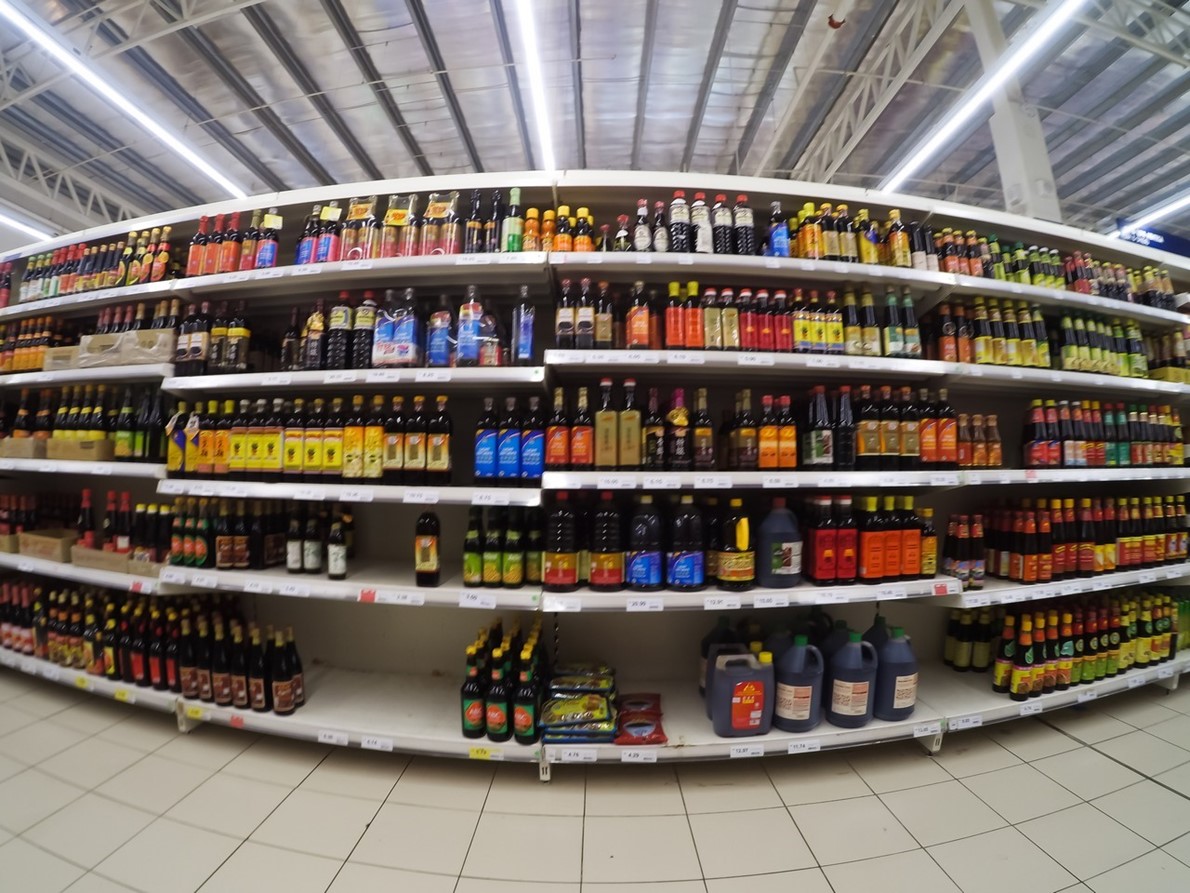AMMAN — Prices
of heaters powered by gas or electricity are likely to drop by 5–8 percent in
the fall, in the wake of a global drop in shipping costs, a
Jordan Chamber of Commerce (JCC) official said.
اضافة اعلان
Hatem Al-Zoubi,
who represents the electrical and electronic industry at the JCC, said heater
imports came to a virtual standstill earlier this year because the market was
saturated with the product, as demand fell.
“Large quantities
of electrical appliances are stored in warehouses,” he said. “They were
imported when the shipping costs were very high.”
But with a
significant decline in shipping costs since, serious losses will be inflicted
on merchants, who may be forced to sell their stored products at cheaper
prices, Zoubi told
Jordan News.
Now, with a
record price of gasoline and other fuel derivatives, many Jordanians are opting
for other alternatives, like the Western wood-heated stoves.
“We demanded a
reduction in the customs duties, given that heaters are a basic need for many
Jordanians,” he said. He said duties and other taxes on heaters could reach 50
percent.

Already with
dents in their wallets,
Jordanians felt the sting of the skyrocketing prices of
essential foodstuffs and oil derivatives, worldwide, which disrupted global
supply chains and sent global inflation across the roof.
That sent jitters
across the cash-strapped Kingdom as it was trying to recover from a blow dealt
to its economy. The state spends heavily on hosting tens of thousands of Syrian
and other refugees who fled regional wars seeking shelter in the Kingdom. The
current economic climate was caused by a slowdown of revenue-generating
commercial activity in the wake of COVID-19 restrictions including lockdowns
Zoubi said he
expected heater imports to notably decline in the fall, but said that some
heaters are already on their way to Jordan.
“The domestic
purchasing culture changed in the past two years, and the consumer is only
buying his needs and nothing else,” he said.
Ibrahim Ahmad, a
marketing manager in one of Amman’s popular electrical appliances stores, said
that traders “suffered a lot this year and the last”.
He said that the
profit rate was “low last year due to the high shipping costs”.
“But despite the
current drop in freight costs this year, citizens’ demand for electrical
appliances remains insignificant,” he added.
He explained that
at the beginning of each winter season, merchants are accustomed to a sudden
jump in demand for heaters. “But because of the difficult economic conditions,
we cannot predict the purchase quantities for this year,” he stated.
He said that “our
company had six hangars to store the goods before, but nowadays we depend on
one hangar only”.
He called for the
need to tighten control on traders by the Consumer Protection Association, “as
there are advertisements on social media platforms for traders who sell goods
at very low prices, and this is an unfair competition.”
Qusai Al-Qudah, owner of
another electrical shop, told
Jordan News that there “is stagnation in
the market due to the high costs”. He said because of the shipping costs, merchants
have lost, or may have made small profits.”
Read more Features
Jordan News



